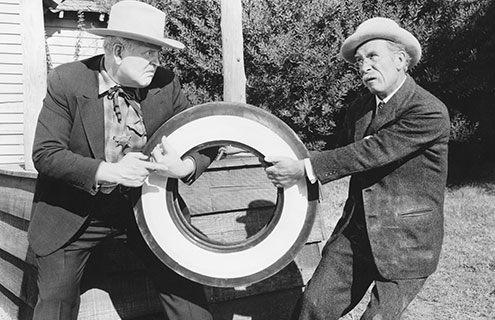Banks have to accept changes to their core systems and cultures if they are to survive in the digital world, heard attendees of Sibos 2015.
Moderator of the Sibos big issue debate on the internet of things, Cathy Bessant, chief operations and technology officer at Bank of America Merrill Lynch, opened the discussion by pointing out that there is no single definition of the ‘internet of things’, so it could mean something different to everyone.
Patrick Maes, chief technology officer at ANZ, highlighted the connectivity aspect, and the importance of connecting with customers on a personal level. He outlined “life stage banking”, arguing that banks should use the technology they have to address what matters to clients and to create better services for them.
While Oliver Bussmann, group chief information officer at UBS, also underlined the importance of the customer experience, Michael Gorriz, group chief information officer for group technology and operations at Standard Chartered, suggested that banks should be looking to the future. “We do not know what kinds of devices may exist, and what services they may provide,” he said.
The panel also underlined the importance of customer experience when it comes to the commercial aspect of banking. Gorriz said this issue will “go in to the core of banks”, as they are “threatened and disintermediated” by other companies that can take on what he called the ‘easy parts’ of banks’ jobs.
Maes suggested that financial technology firms make their living through “selling convenience” and banks should follow through, adding that clients do not want multiple apps to control their banking. Bussmann was also of the opinion that data can be seen as an opportunity, but added that the business has to be secure, reliable and trusted, saying: “We have to do it right.”
Gorriz expanded on the issue of trust, stating that banks have to learn the lesson of customer experience, saying the have to “look at the customer individually” and tie an “imaginary ribbon” around them, keeping them with the bank for their lifetime, and through all situations.
Traditionally, he said, trust was built through personal relationships, but this is no longer scalable. Trust is now built through fulfilment of expectations, and, even if this is electronic, it builds trust in a system and gives clients peace of mind that they will pay for.
The group agreed that in order to make this change, collaboration with financial technology start-ups and hiring of talent from other industries are important. Gorriz pointed out that while 85 percent of fintech start-ups fail, this doesn’t matter because they can try again. In banks, he said, if a project fails, there are consequences.
Bussmann suggested that while fintech companies have the ideas, banks can make the scalable and reliable, adding that banks have to be a part of that ecosystem.
“We have to move ourselves out of this black box,” he said. “If we are not part of the change then we are becoming obsolete.”



.jpg)